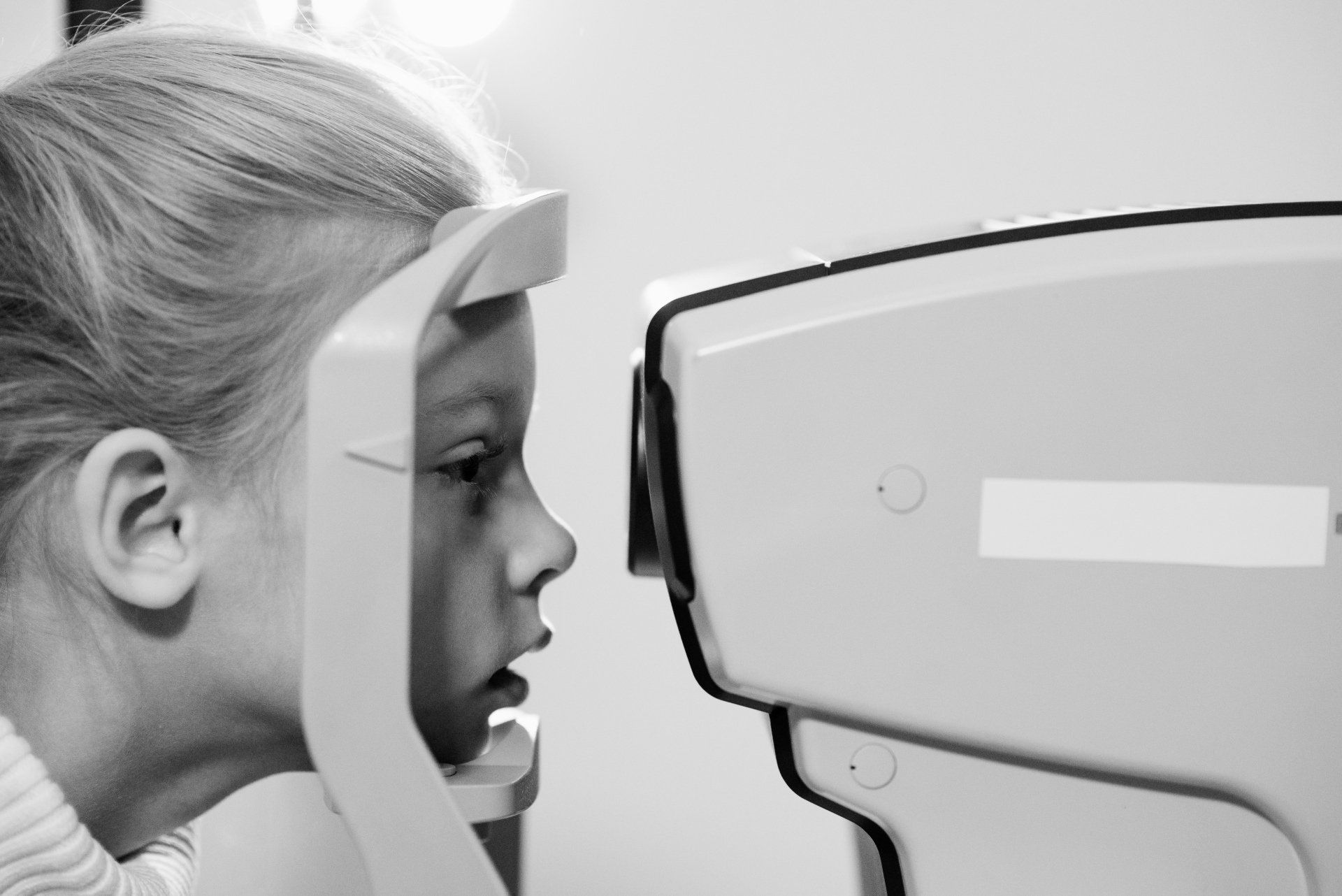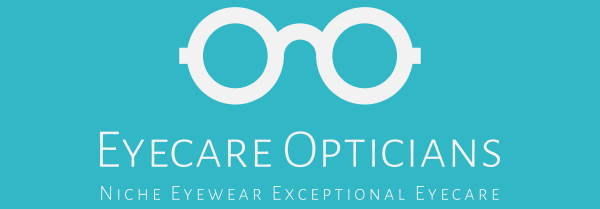Ocular Nutrition: How the Right Foods Can Protect Your Vision
Good vision is not just about regular eye tests and corrective lenses—it starts with proper nutrition. The saying 'you are what you eat' applies to your eye health too. Incorporating the right foods into your diet can help reduce the risk of developing certain eye diseases and keep your vision sharp for years to come.
The Role of Nutrition in Eye Health
The eyes require a range of nutrients to maintain optimal function. Antioxidants, vitamins, minerals, and fatty acids all play a role in preventing oxidative stress and inflammation, which are linked to many eye conditions.
Key Nutrients for Eye Health
Vitamin A and Beta-Carotene
Why it helps: Essential for maintaining healthy corneas and preventing night blindness. Found in foods such as carrots, sweet potatoes, spinach, and apricots.
Conditions prevented: Night blindness, dry eye syndrome, and corneal issues
Lutein and Zeaxanthin
Why it helps: These carotenoids protect against harmful blue light and oxidative damage. Found in kale, spinach, broccoli, and egg yolks.
Conditions prevented: Age-related macular degeneration (AMD) and cataracts
Omega-3 Fatty Acids
Why it helps: Supports the health of the retina and reduces inflammation, especially beneficial for tear production. Found in salmon, mackerel, walnuts, and flaxseeds.
Conditions prevented: Dry eye syndrome and diabetic retinopathy
Vitamin C
Why it helps: A powerful antioxidant that protects the eyes from free radical damage and strengthens blood vessels. Found in oranges, strawberries, bell peppers, and kiwi.
Conditions prevented: Cataracts and AMD
Zinc
Why it helps: Aids in delivering Vitamin A to the retina and protects against oxidative damage. Found in oysters, beef, pumpkin seeds, and legumes.
Conditions prevented: Night blindness and macular degeneration
Vitamin E
Why it helps: Protects cells in the eyes from oxidative stress. Found in almonds, sunflower seeds, and avocados.
Conditions prevented: Cataracts and AMD
How Nutrition Fights Specific Eye Diseases
Age-Related Macular Degeneration (AMD)
A leading cause of vision loss in older adults. Regular consumption of dark leafy greens like spinach and kale can significantly reduce the risk of AMD.
Cataracts
Caused by the clouding of the eye’s natural lens. Antioxidant-rich foods like citrus fruits and nuts are excellent for prevention.
Dry Eye Syndrome
Often caused by inflammation or poor diet. Omega-3-rich foods like salmon and walnuts can reduce inflammation and improve tear production.
Diabetic Retinopathy
A complication of diabetes that damages the blood vessels in the retina. A balanced diet that includes leafy greens and omega-3s helps support retinal health.
Night Blindness
Caused by Vitamin A deficiency, leading to difficulty seeing in low light. Include foods like carrots and sweet potatoes to improve night vision.
Creating a Vision-Friendly Meal Plan
Here’s how you can incorporate these nutrients into your daily diet:
• Breakfast: A smoothie with spinach, orange juice, and flaxseeds.
• Lunch: Grilled salmon with a side of kale and quinoa salad.
• Snack: A handful of almonds or a boiled egg.
• Dinner: Lentil stew with sweet potatoes and a mixed greens salad.
Final Thoughts
The connection between diet and eye health is clear: what you eat can significantly impact your vision and reduce the risk of eye diseases. By making small changes to your daily diet, you can preserve your vision and enjoy a lifetime of healthy eyesight. If you’d like tailored advice on ocular nutrition, visit our clinic for personalised recommendations to support your vision journey. Together, we can protect your eyes for years to come!



